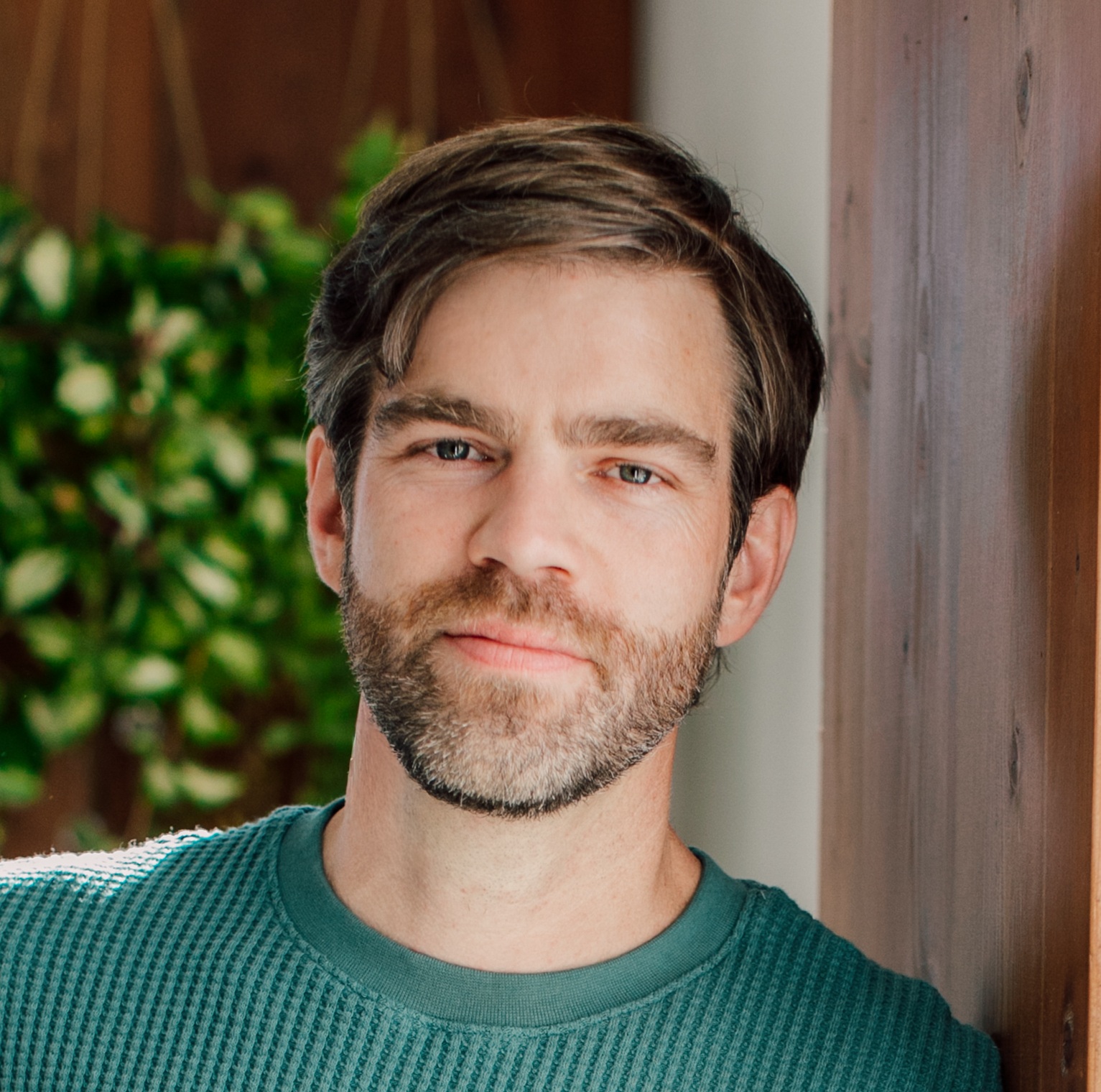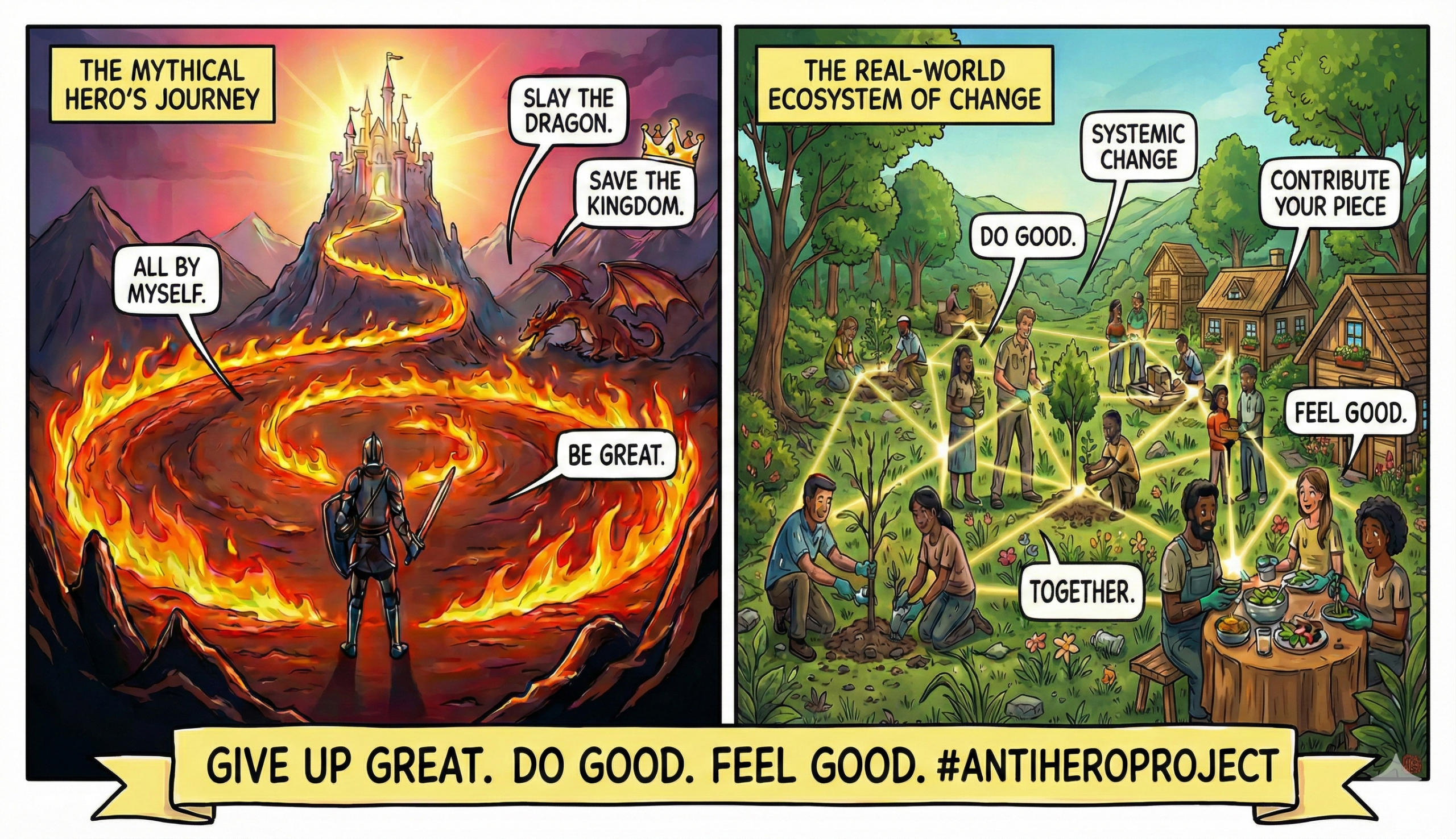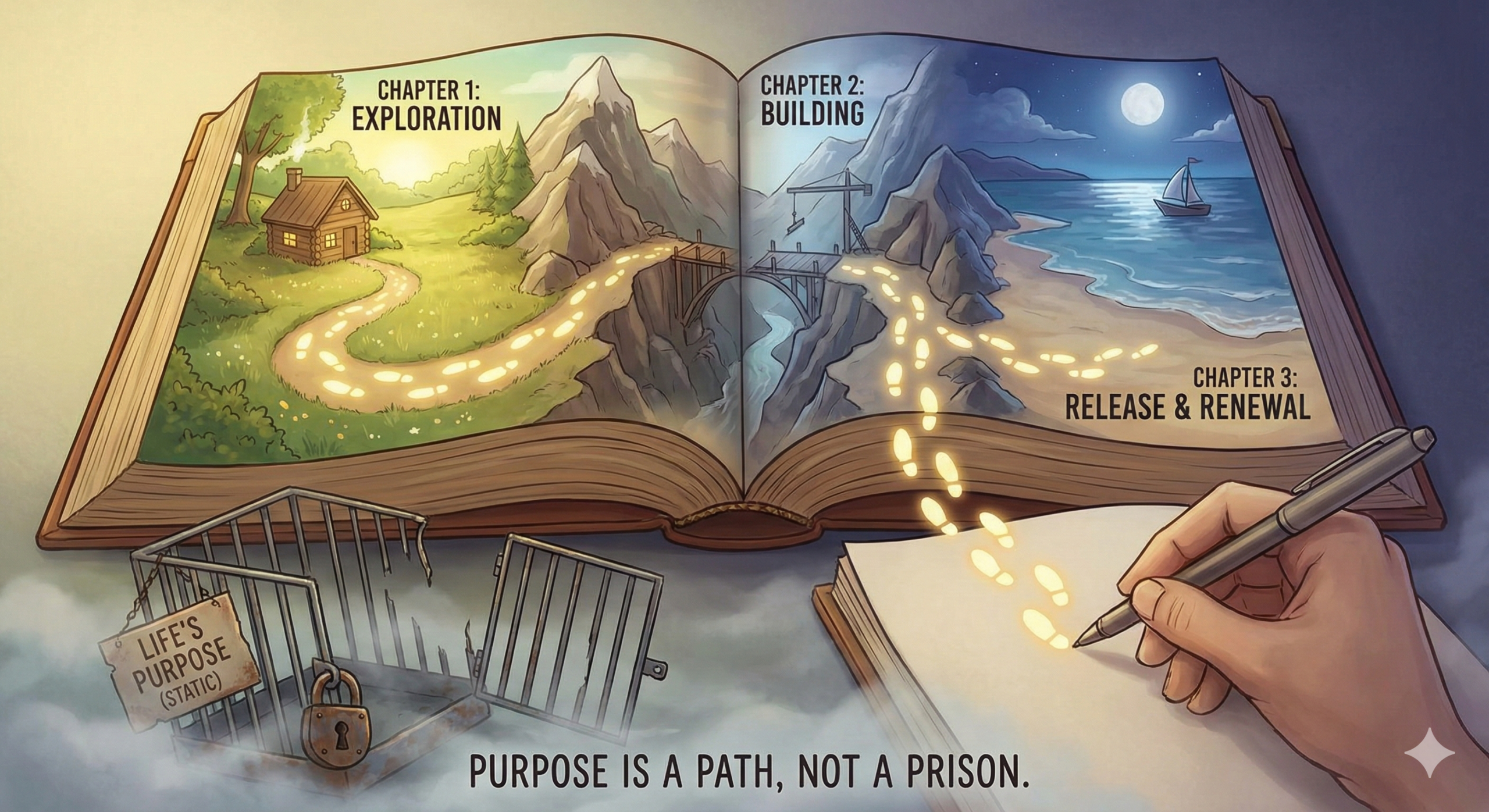In today’s culture, there’s a lot of focus on our life goals and dreams. We use these big aspirations to give our lives direction. They help us determine how we spend our time and what we work toward. This focus on the future can be both empowering and limiting, depending on our perspective.
The Promise and Problems of Goals
Many, if not most, in our culture place a central focus on their life goals – the future accomplishments that will give us a sense of success, and ultimately fulfillment. On one hand, there’s great power in such goals. A clear vision of what you want to achieve can be focusing and grounding. It can be motivating to hold an image of your ideal future and then set out to make it a reality. This process helps point us in the right direction and take meaningful steps forward.
But this central focus on a desired future state also has a downside. When we are too focused on our goals, we spend most of our time in a state of deficit, feeling discontent because we haven’t yet accomplished what we set out to do. A lot of our lives are spent striving for something just beyond our reach and feeling frustrated, even in moments of rest, because we are not yet “there.” And if we ever do get “there,” we quickly set a new future goal, re-establishing the deficit and lack of fulfillment that dominate our everyday lives.
It can be exhausting and soul-crushing.
A Shift in Language: From Goals to Dreams
I’ve found that a simple shift in language can change everything. By replacing the word “goals” with “dreams,” we can open up a world of possibility and liberation. This re-framing, at least for me, profoundly changes the psychological weight and expectation we carry with us.
First, we typically expect to accomplish our goals. Maybe we even need to on some level. If we don’t, we’ve failed. In contrast, we tend to hold dreams much less tightly. Dreams are future visions for our lives and careers that inspire us, but we don’t expect or need them to come to pass. We will be delighted if they do, but not surprised or overly discouraged if they don’t. The psychological weight of the two is night and day.
Secondly, we often construct goals from a place of ego or a desire for external validation. They represent what we think we should be or what we need to do to feel good enough or worthy. Achieving our goals becomes a way to prove ourselves or validate our existence. Dreams, on the other hand, like our sleeping dreams, arise within us. We don’t choose them; they choose us. We don’t create them; we catch them. They are the universe speaking through us. They aren’t about validation or proving ourselves. They are about honoring the creative impulse within us.
Finding Peace in the Journey
Shifting from goals to dreams can be a profound relief. Maybe we don’t have to be constantly striving and struggling to feel fulfilled. Perhaps we can simply listen to the mysterious call of the universe and move toward it. Maybe we can approach these future states from a place of joy, inspiration, and possibility, not inadequacy and striving.
But perhaps most importantly, the point has never actually been to reach the end of our goals and dreams at all. The point, at least for me, is to find purpose and fulfillment in the journey itself. Doing so lets us release the pressure to “arrive” at a specific destination. It dispels the sense of deficit we often spend our lives inhabiting. It gives us permission to be fulfilled in this very moment, to let every single step be its own arrival, even as we continuously move ourselves closer to some possible far-off destination.




